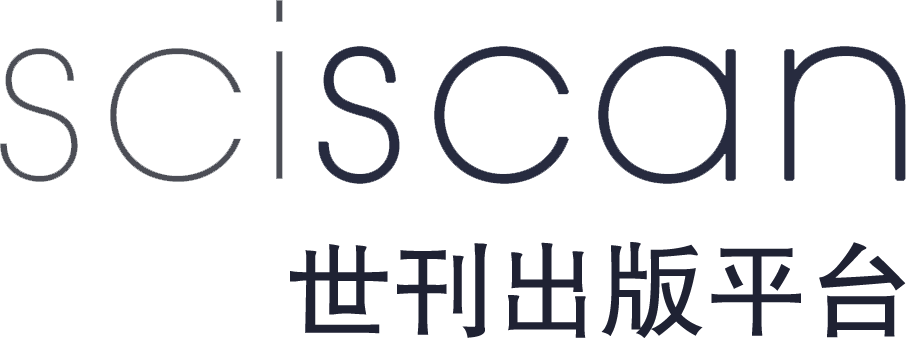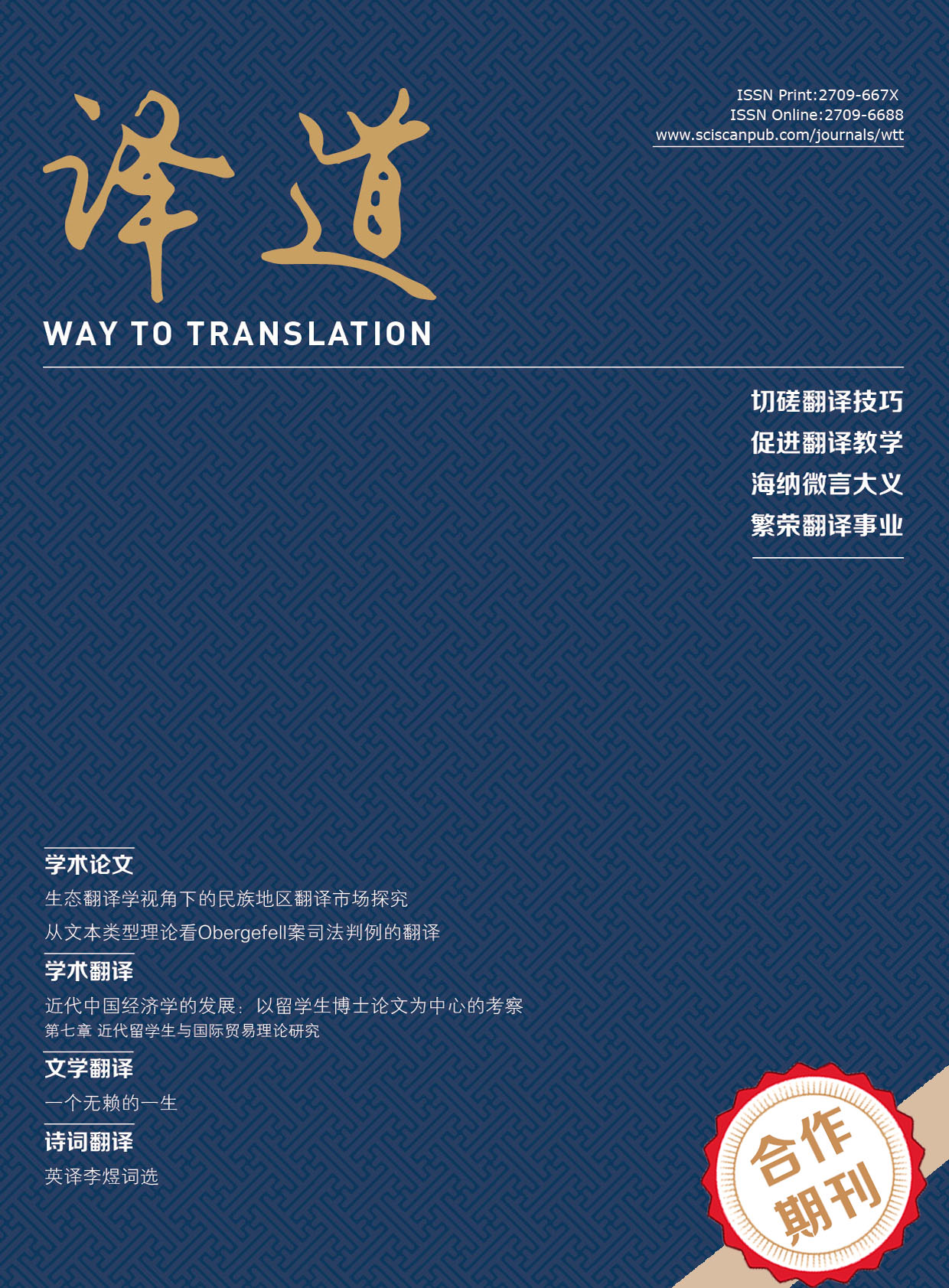免费订阅世刊出版平台最新发表资讯
基于合作原则的外交话语口译研究——以2020至2023年新闻记者招待会为例
A Study of Interpreting Diplomatic Discourse Based on the Cooperative Principle: A Case Study of 2020-2023 Press Conferences
- 作者: 刘爱婷 张桐
-
单位:
东北大学外国语学院,沈阳
- 关键词: 合作原则;外交口译;新闻记者招待会
- Cooperative principle; Diplomatic interpretation; Press conferences
- 摘要: 本文基于新闻记者招待会的口译数据,以合作原则为理论依据,探究了外交口译中的合作原则现象及译员所采用的策略。研究发现,从量的准则角度,译员采用增译和省译的方式以达到信息必要且充分的要求;从质的准则角度,译员严谨选词,确保信息的准确传递;从关系准则角度,译员运用释义法对信息进行符合具体语言环境的阐释;从方式准则角度,译员采用压缩策略,使译语简单易懂。合作原则对外交口译具有一定的指导意义,译员应灵活运用以提高口译质量,实现有效沟通。
- Taking the press conference as the dataset of study and the Cooperative Principle as the theoretical basis, this paper examines the phenomenon of the principle of cooperation in diplomatic interpretation and the strategies adopted by interpreters. It is found that from the maxim of quantity, interpreters adopt the method of amplification and omission to meet the necessary and sufficient requirements of information. From the maxim of quality, interpreters carefully choose words to ensure that the information conveyed is accurate. From the maxim of relation, interpreters use paraphrasing to interpret the information in accordance with the specific linguistic environment. From the maxim of manner, interpreters adopt compression strategy to make the target language easy to understand. The Cooperation Principle is of guiding significance to diplomatic interpretation. Interpreters should use it more flexibly to improve the quality of interpretation, so as to achieve effective communication.
- DOI: https://doi.org/10.35534/wtt.0402003
- 引用: 刘爱婷,张桐.基于合作原则的外交话语口译研究——以2020至2023年新闻记者招待会为例[J].译道,2024,4(2):16-23.














